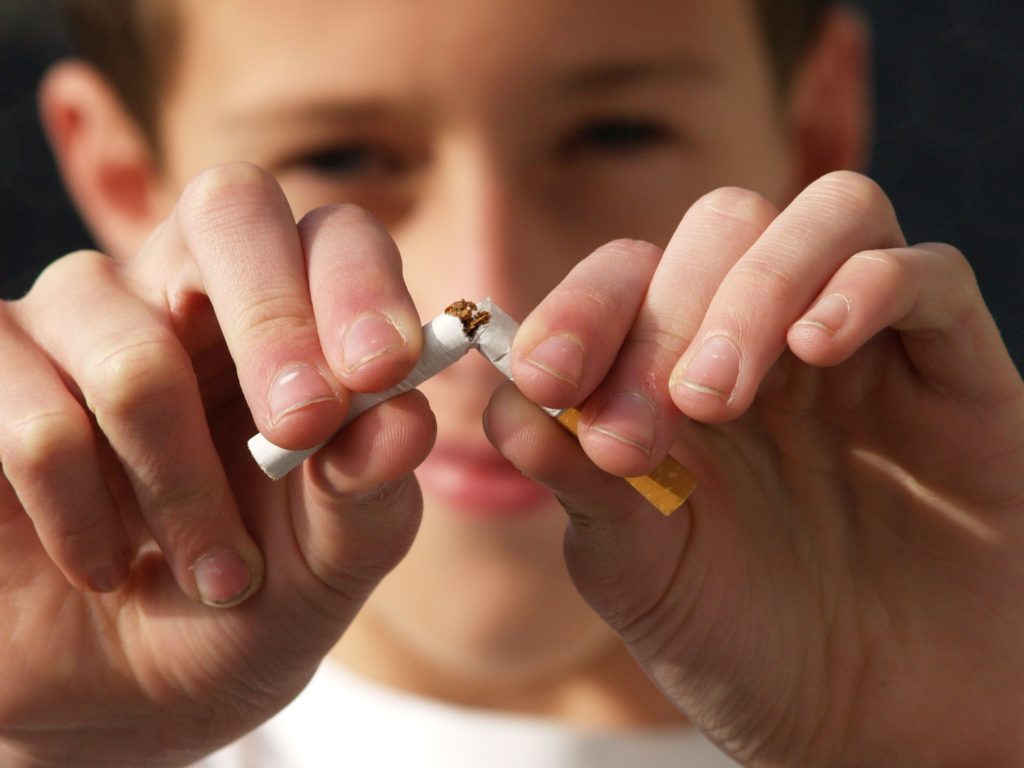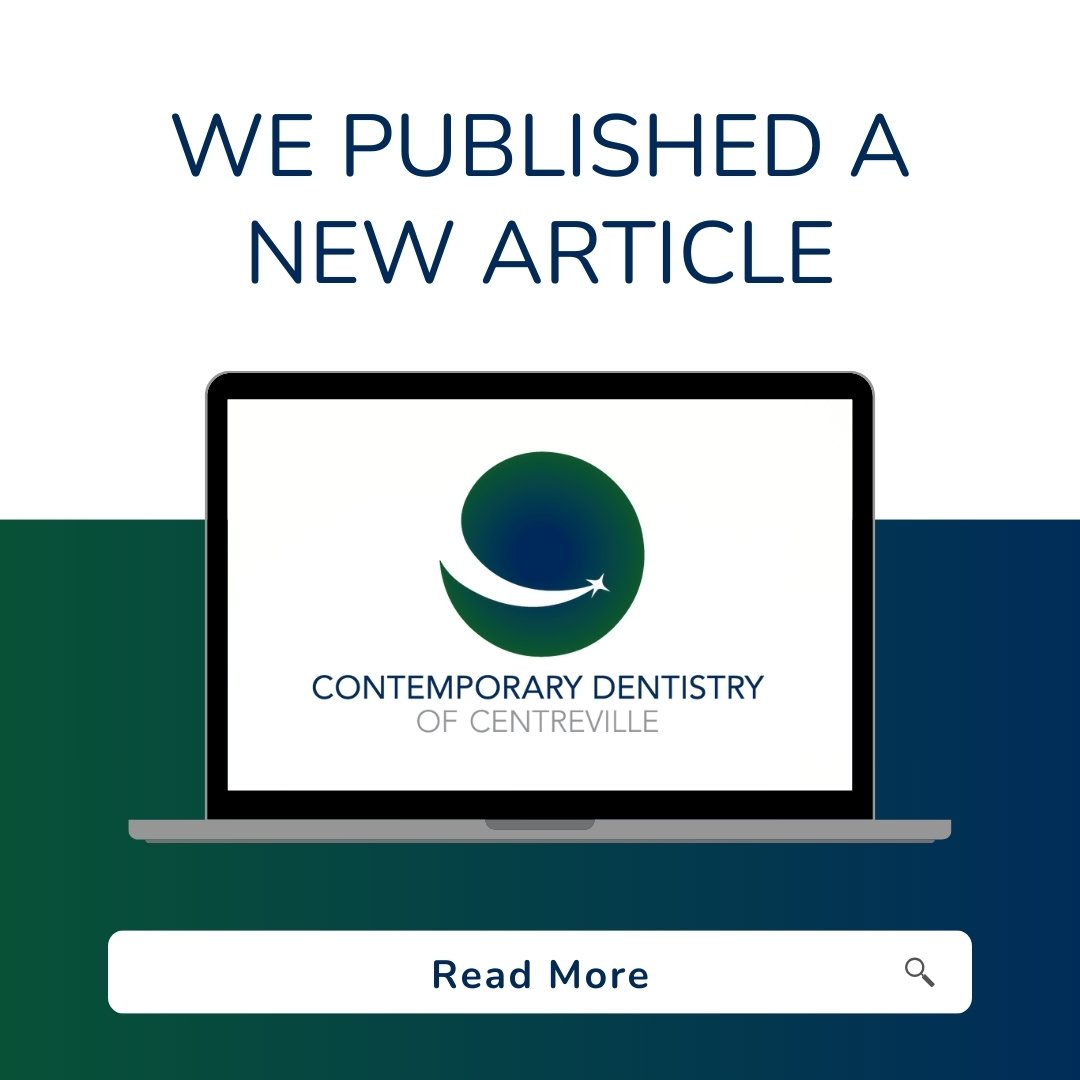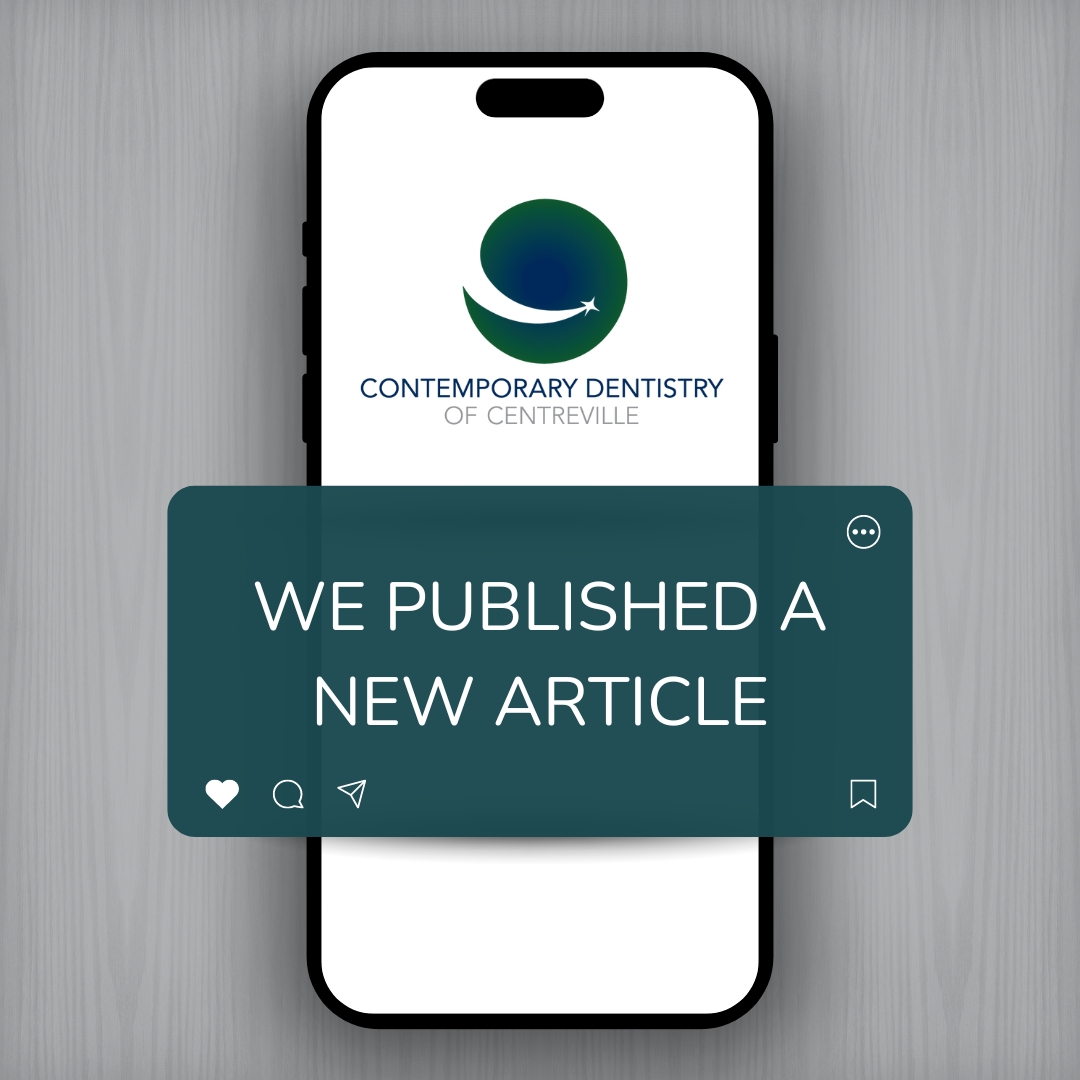Our dentist might suggest dental sealants for your child during a visit to our office. Sealants are a way to protect your teeth against decay. With any dental treatment, it helps to understand the procedure and how it can impact your child’s oral health.

Why Get Sealants?
Sealants help to prevent tooth decay. Sealants are applied on the back teeth, where decay is most likely to develop. Our dentist will often recommend sealants for children and teens, but adults may benefit from sealants, as well.
The further your teeth are in the back of your mouth, the more difficult it can be to maintain the proper hygiene needed to keep them healthy. Sealants can prevent up to 80% of decay within the first two years alone. After 4 years, sealants continue to prevent as much as 50% of decay. Children without sealants are more than three times as likely to develop tooth decay than those with sealants.
When Should You Get Them?
Your child’s first molars usually become visible around age 6, with the second set around age 12. You will want to talk to us about the best course of action for keeping molars healthy. Sealants are most effective when they are done as soon as the molars break through. Regular examinations with our dentist will determine the best time to have sealants applied.
What Should I Expect?
Sealants are one of the simplest treatments we perform in our office. There is generally no discomfort associated with this process. We will first thoroughly clean your child’s teeth, and then use a special gel. The gel is then cleaned off before the sealant is applied. A small blue light is used to harden the sealant in a matter of moments.
What Concerns Should I Have?
There are no side-effects from sealants, and allergic reactions are extremely rare. However, talk to our doctor about any allergies your child has so we can discuss the best possible course of action.
Next Steps
Sealants last for years before needing to be reapplied. It is important to schedule regular visits to our office so that our dentist can check the condition of the sealants and teeth on an ongoing basis. If your child had sealants several years ago and you are unsure if they should be reapplied, schedule an appointment with us.
For more tips on keeping teeth healthy and for questions about dental sealants, contact our office.







 GRINDING OR CLENCHING YOUR teeth is a pretty normal thing to do when you’re annoyed or stressed, and that’s nothing to worry about. However, if you grind your teeth on a more regular basis, whether asleep or awake, it can become a serious problem. This kind of chronic teeth-grinding is known as bruxism.
GRINDING OR CLENCHING YOUR teeth is a pretty normal thing to do when you’re annoyed or stressed, and that’s nothing to worry about. However, if you grind your teeth on a more regular basis, whether asleep or awake, it can become a serious problem. This kind of chronic teeth-grinding is known as bruxism.











